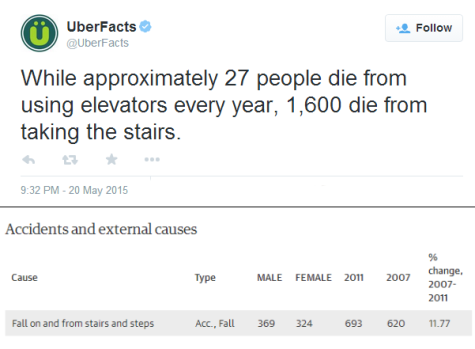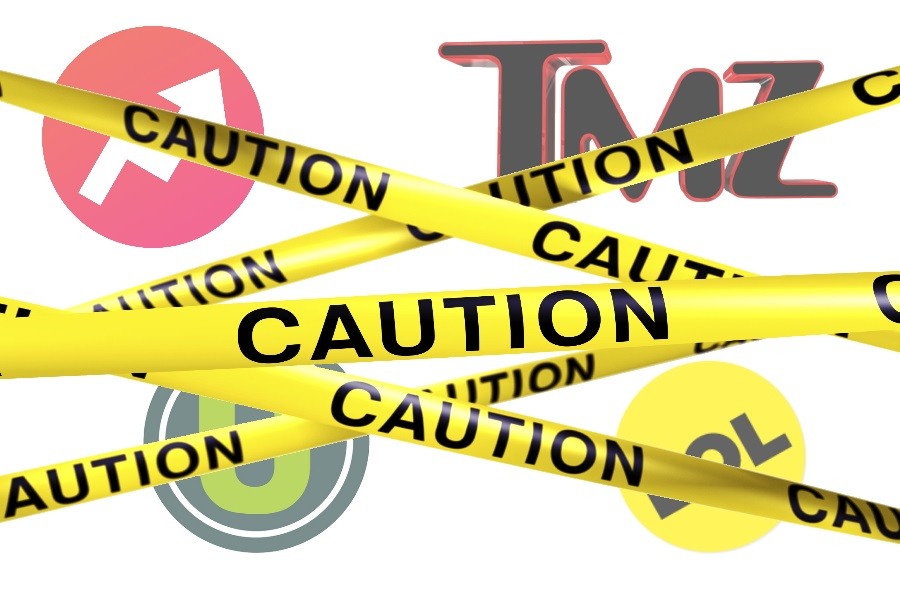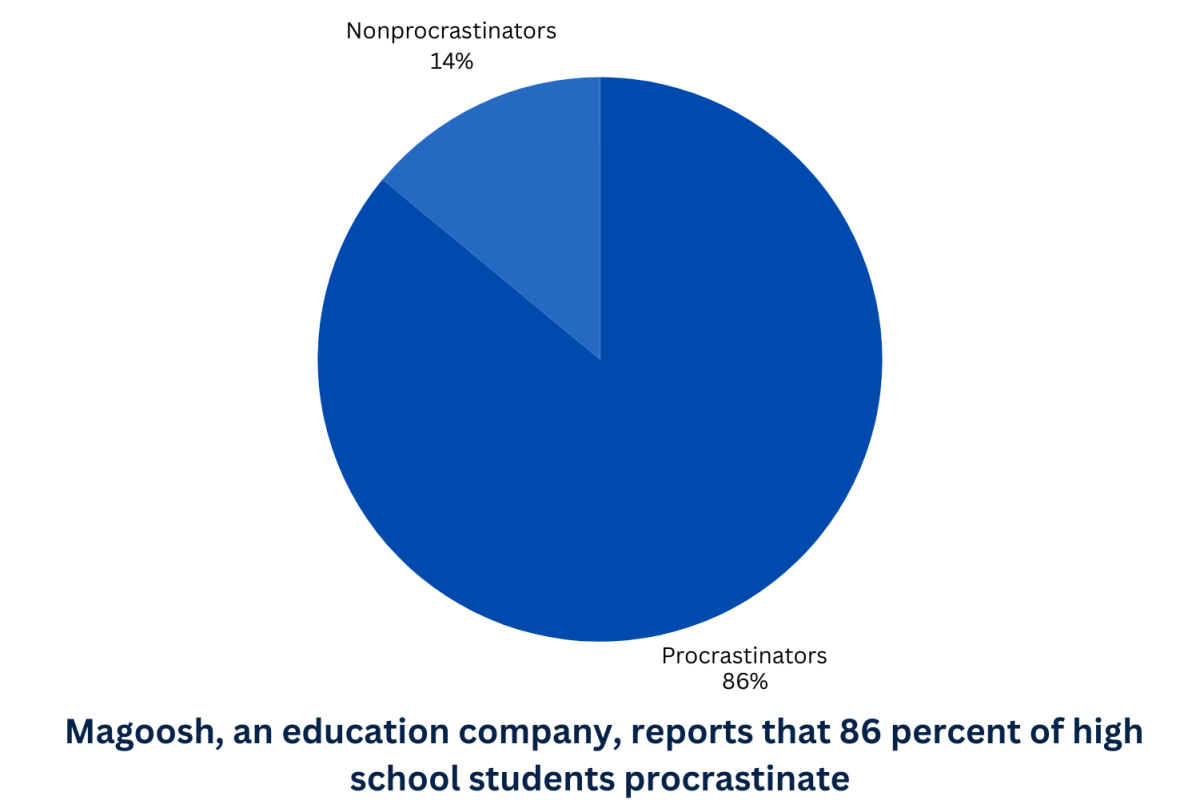Sites like BuzzFeed commonly post stories with tempting headlines in an attempt to lure readers into clicking on their stories. The stories are oftentimes in slideshow format in order to keep the readers’ attentions for longer periods of time. People become intrigued with top 10 lists and pop culture references, which causes them to continue to come back for more. Most news organizations pay their writers based on a variety of factors including experience and quality of content, but depending on the employer, the number of clicks and viewing time each story gets may also play a role, something that is particularly present in advertisement-based sites like the aforementioned BuzzFeed. This may seem like it doesn’t negatively impact the readers, but the issue may be deeper than that. On numerous occasions, the “facts” presented in these stories may not be entirely accurate or relevant at all.
The quality of information found in these types of articles is a big issue. For example, BuzzFeed posted a story in March of 2014 which claimed to have “64 Mind-Blowing Facts That Will Make You Feel Incredibly Happy.” This story provides a nice blend of hyperbole and assumption, telling its readers how they’ll end up feeling in order to lure its victims in for more. Credit to them for citing their sources, but many of these “facts” aren’t exactly blowing my mind or making me feel incredibly happy. I’m sure knowing that worms communicate by snuggling will change my mindset forever. The idea that one of their listed facts is “There is no angry way to say the word bubbles” is cringe-worthy.
BuzzFeed themselves claim that they don’t do clickbait, the act of drawing readers in with catchy headlines and cliffhanging captions, citing that the idea has been present for decades and that they aren’t forcing anybody to actually share the content. BuzzFeed is also well known for hosting many survey-style articles that would ask questions such as “Which president are you?” or “Can we guess your personality based on your favorite color?” These pages serve as a modern form of astrology and horoscopes. Now, this may just seem to be a entertaining and funny idea, but this is content that’s being published on a “news” website.
BuzzFeed isn’t the only site that is guilty of misleading information; this seems to be a modern trend among many social media sources and websites. With the rise in popularity of Twitter and Facebook, the volume of subscribers to these sites have skyrocketed and these users have become a target for many news sources. News organizations will often times leave out key information about a news story in order to lure people to click on the link. TMZ has been doing it for years. Twitter accounts such as @UberFacts and other related accounts fail to cite any sources in their tweets and don’t support their claims with any statistical evidence. This trend leads users to believing in said tweets regardless of if the information is factual or not.

The idea that we need to read information as fast and efficiently as we can is problematic for our society. Essays and articles with good content in which the author put a lot of effort into are being passed over for short summaries and quick facts. Personally, I need to put my phone down more often and indulge in the reading I’m given rather than skimming the big block of text. As readers in today’s world, we need to stop worrying about how much time it takes to read a longer passage and instead focus on the important and interesting details of stories.









